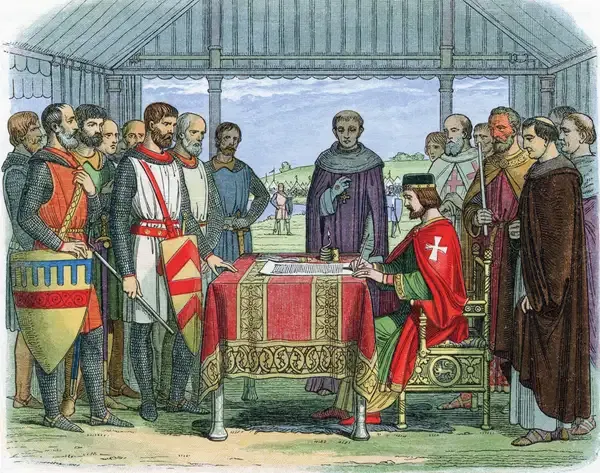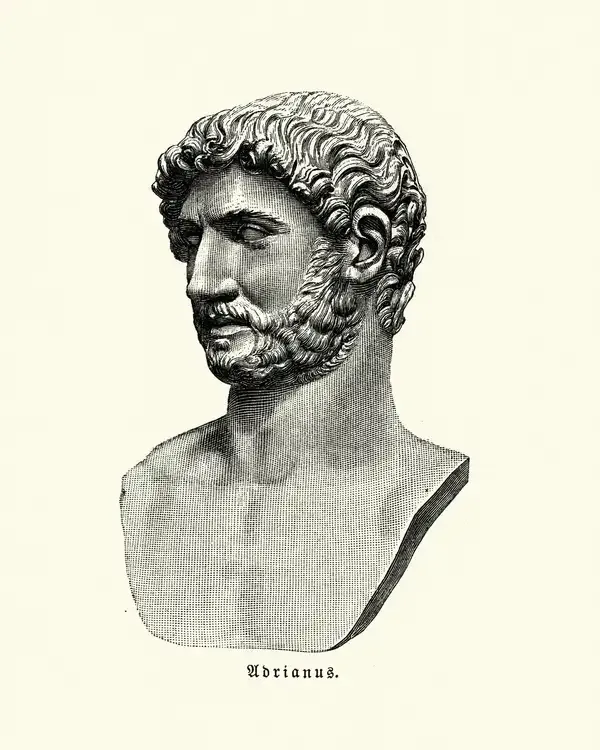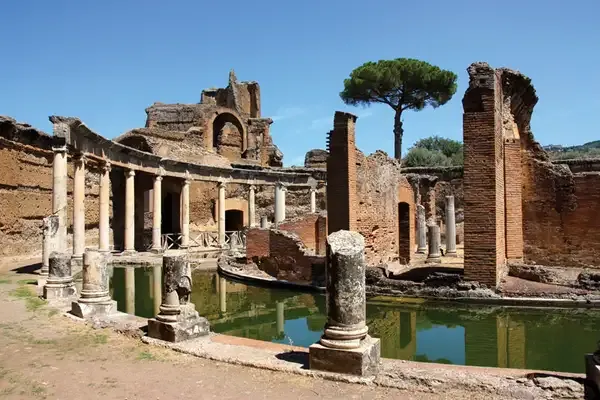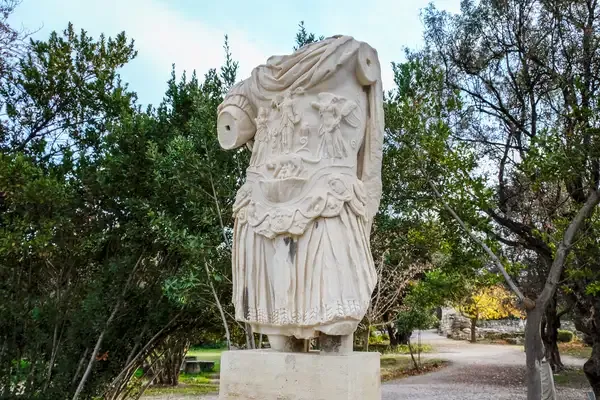800th Anniversary of the Magna Carta
The 800th Anniversary of the Magna Carta celebrated a pivotal moment in history that took place in 1215. This landmark document laid the foundation for modern democracy by establishing principles of justice and the rule of law. Commemorations included exhibitions, lectures, and events that highlighted its enduring significance. The anniversary was a reminder of the Magna Carta's influence on constitutions worldwide, promoting ideals of liberty and human rights. It served as a reflection on the ongoing struggle for freedom and equality across the globe.

Historical Significance of the Magna Carta
The ''Magna Carta'', signed in 1215, is often considered a cornerstone of modern democracy and legal systems around the world. This ''800th anniversary'' serves as a reminder of its enduring legacy. Initially established to limit the powers of the monarchy, the document laid the groundwork for various legal principles, including the rule of law and the rights of individuals. Its influence can be seen in numerous legal frameworks, from the United States Constitution to the United Nations Universal Declaration of Human Rights.
Key Provisions of the Magna Carta
One of the most significant aspects of the ''Magna Carta'' is its key provisions, which outlined the rights of the barons and, by extension, the rights of all free men. Here is a brief overview of some of the critical clauses:
| Clause | Description |
|---|---|
| Clause 1 | Guarantees the freedom of the English church. |
| Clause 9 | Prohibits the seizure of property without lawful judgment. |
| Clause 39 | Ensures that no free man shall be imprisoned without due process. |
| Clause 40 | Stipulates that justice shall not be sold or delayed. |
Impact on Modern Legal Systems
The ''800th anniversary'' of the ''Magna Carta'' is not just a celebration but also an opportunity to reflect on its profound impact on modern legal systems. Many democratic societies have adopted its principles, which advocate for individual rights and limitations on governmental powers. This historical document has inspired numerous human rights movements and has been referenced in landmark legal cases throughout history.
Global Influence and Adaptation
The ''Magna Carta'' transcended English borders, influencing legal systems across the globe. Various nations have adapted its principles to fit their unique contexts. For example, the ''United States'' Constitution draws heavily from the ideals of the ''Magna Carta'', particularly in the areas of due process and the protection of individual rights. Similarly, countries in the Commonwealth have embraced its principles, leading to the establishment of constitutional frameworks that prioritize citizen rights.
Commemorating the 800th Anniversary
Celebrating the ''800th anniversary'' of the ''Magna Carta'' provides an opportunity for communities, educators, and historians to engage with this pivotal document. Various events, educational programs, and discussions are being organized worldwide to honor its legacy. Museums and historical societies are curating special exhibits, while universities are hosting lectures and seminars to explore its relevance in contemporary society.
Reflections on Democracy and Rights
The ''Magna Carta'' serves as a powerful reminder of the ongoing struggle for democracy and human rights. As we commemorate its ''800th anniversary'', it is essential to reflect on the challenges that continue to confront these values today. The document's assertion of individual rights resonates more than ever, prompting discussions about the balance of power between the state and the citizen.
Modern Relevance of the Magna Carta
In today's world, where issues of governance, civil liberties, and social justice remain at the forefront, the ''Magna Carta'' offers timeless lessons. Its principles can guide modern discussions on ''referrerAdCreative'', ensuring that advertising practices respect individual rights and adhere to established ethical standards. As technology evolves and new forms of communication emerge, the foundational ideas of the ''Magna Carta'' can help shape a future where freedom of expression and privacy are prioritized.
Conclusion
The ''800th anniversary'' of the ''Magna Carta'' is not merely a historical milestone; it is a call to action for citizens and leaders alike. By revisiting its principles and understanding its implications, we can work towards a more equitable society where the rights of all individuals are respected and upheld. As we reflect on this significant document, let us remember its lessons and strive to embody its ideals in our daily lives.












